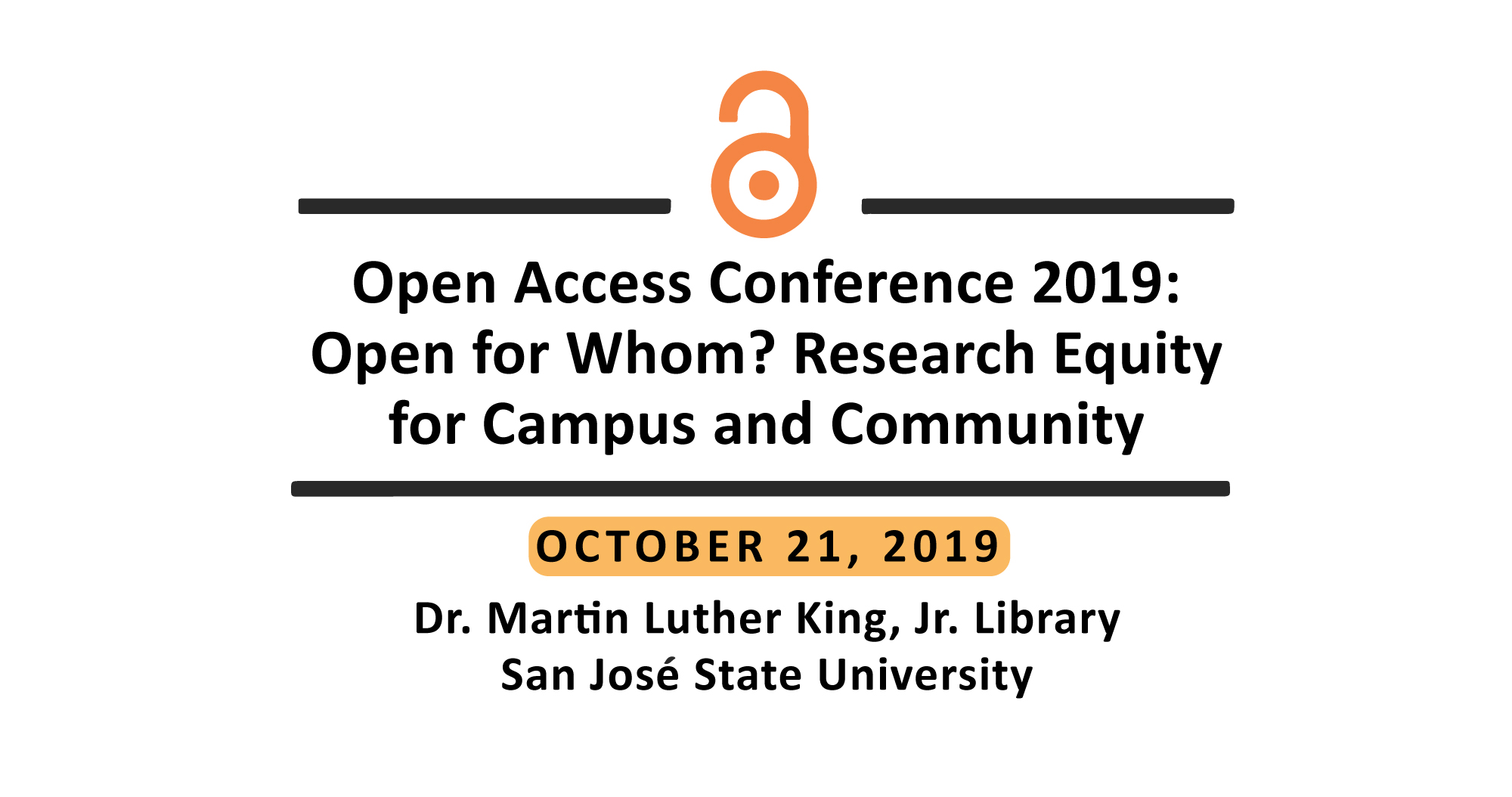A Critique of “Information Philanthropy” and Its Parallels in Open Access Publishing
Start Date
October 2019
End Date
October 2019
Description
This presentation will begin with a critique of corporate social responsibility (CSR) initiatives of for-profit scholarly publishers, otherwise known as “information philanthropy.” I will focus on initiatives aimed at making digital content more accessible to readers in the Global South, such as the United Nations-backed Research4Life programs, which involve more than 150 publishers. While expanding global access to scholarly journals is a laudable aim, such programs have rightly been criticized for putting readers in the Global South at the mercy of corporate whims and leaving the highly profitable subscription publishing industry fully intact. I will orient these forms of information philanthropy within the broader body of CSR theory, focusing specifically on how CSR is used to buttress the neoliberal status quo and thereby perpetuate neo-colonial dynamics. From there, I will explore to what extent the open access publishing movement has reproduced or further entrenched these same global inequities, embracing an approach resembling information philanthropy. Specifically, I will look to the rise of open access waiver policies for authors with inadequate institutional support to offset article processing charges (APCs). In other words, to what extent do APC waivers leave a highly inequitable system in place that is premised on the privilege of those backed by institutions in the Global North? The global community of readers may be gaining more access through both legal and illegal means, but authors across the Global South remain at a distinct disadvantage, and this demands an interrogation of the underlying values of the open access movement.
A Critique of “Information Philanthropy” and Its Parallels in Open Access Publishing
This presentation will begin with a critique of corporate social responsibility (CSR) initiatives of for-profit scholarly publishers, otherwise known as “information philanthropy.” I will focus on initiatives aimed at making digital content more accessible to readers in the Global South, such as the United Nations-backed Research4Life programs, which involve more than 150 publishers. While expanding global access to scholarly journals is a laudable aim, such programs have rightly been criticized for putting readers in the Global South at the mercy of corporate whims and leaving the highly profitable subscription publishing industry fully intact. I will orient these forms of information philanthropy within the broader body of CSR theory, focusing specifically on how CSR is used to buttress the neoliberal status quo and thereby perpetuate neo-colonial dynamics. From there, I will explore to what extent the open access publishing movement has reproduced or further entrenched these same global inequities, embracing an approach resembling information philanthropy. Specifically, I will look to the rise of open access waiver policies for authors with inadequate institutional support to offset article processing charges (APCs). In other words, to what extent do APC waivers leave a highly inequitable system in place that is premised on the privilege of those backed by institutions in the Global North? The global community of readers may be gaining more access through both legal and illegal means, but authors across the Global South remain at a distinct disadvantage, and this demands an interrogation of the underlying values of the open access movement.

